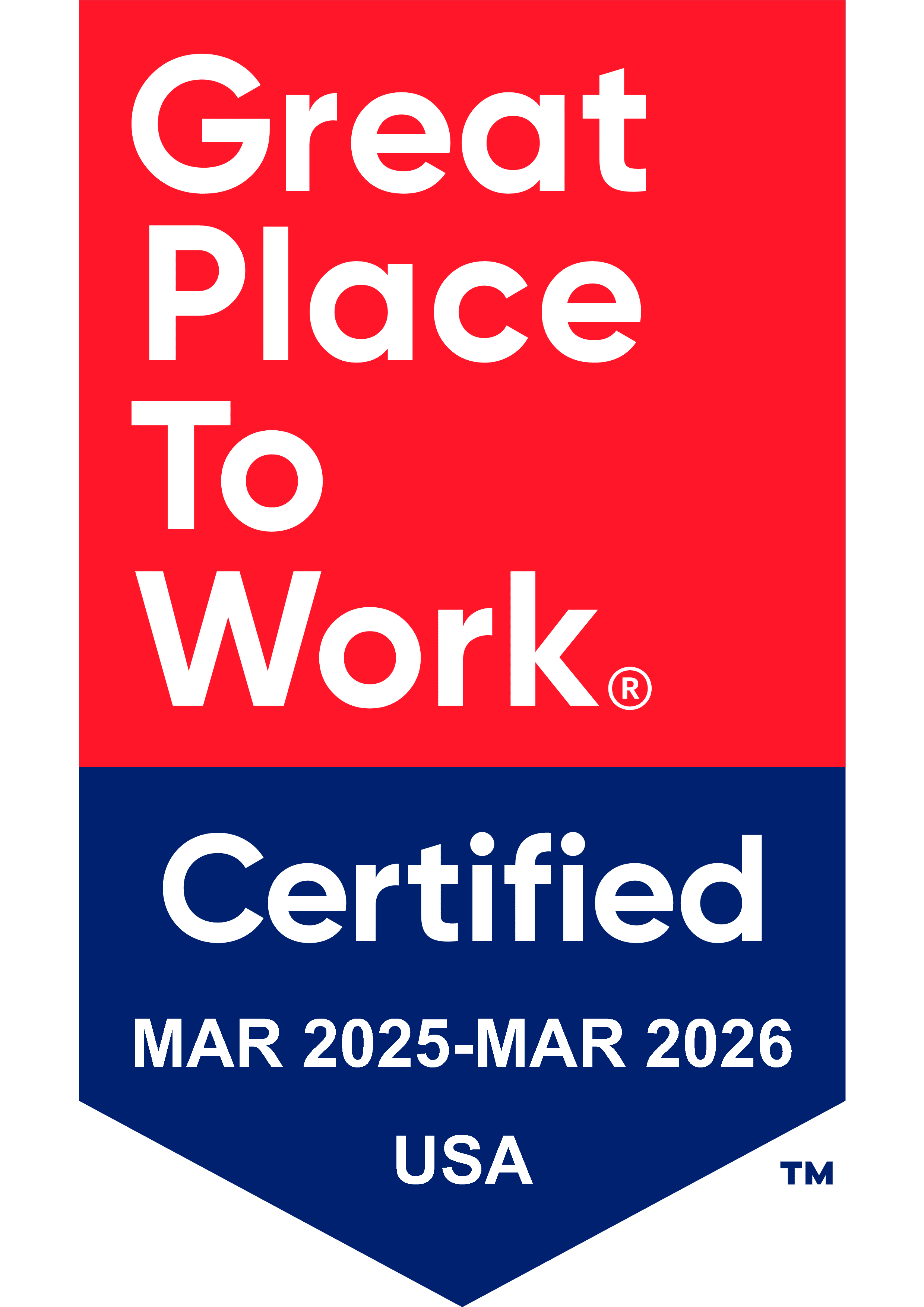The Top Soft Skills Employers Are Looking for and How to Develop Them
Introduction: What Are Soft Skills and Why Are They Important?
Soft skills are personal attributes that enable someone to interact effectively and harmoniously with others. Unlike hard skills, which are specific, teachable abilities that can be defined and measured, soft skills are less tangible and harder to quantify. They encompass interpersonal abilities, communication skills, emotional intelligence, adaptability, critical thinking, and time management, among others.
In today’s rapidly evolving workplace, employers increasingly value soft skills because they are crucial for success across all industries and job roles. While technical skills are necessary to perform specific job functions, soft skills are essential for collaborating effectively, managing complex relationships, adapting to technological changes, and thriving in hybrid and remote work environments.
The Importance of Soft Skills vs. Hard Skills
While hard skills remain important for performing specific job functions, soft skills have become increasingly critical in the modern workplace. Here’s why:
Longevity and transferability: Soft skills remain valuable throughout your career and transfer across industries, while hard skills may become obsolete as technology evolves.
AI and automation: As artificial intelligence and automation handle more routine technical tasks, uniquely human soft skills like creativity, emotional intelligence, and complex problem-solving become more valuable.
Collaboration in distributed teams: With remote and hybrid work now commonplace, soft skills like communication, self-management, and digital collaboration are essential.
Leadership and growth: As employees advance in their careers, soft skills become even more critical for leadership roles and strategic thinking.
Adaptability to change: The pace of change in technology and business practices means that the ability to learn, adapt, and navigate uncertainty is more important than ever.
While hard skills may get you hired, soft skills often determine your long-term success, career progression, and ability to lead teams. Employers recognize that technical skills can be taught more easily than soft skills, which are often developed through experience and intentional practice over time.
Top Soft Skills Employers Are Looking For
1. Communication
Why employers want it: Effective communication is crucial in virtually every job, especially in hybrid and remote work environments where clear, concise communication across multiple platforms is essential. Strong communicators reduce misunderstandings, improve productivity, and build stronger professional relationships.
How to display it: Be articulate in interviews and meetings, write clear and professional emails, practice active listening, and demonstrate your ability to tailor your communication style to different audiences and platforms. Show proficiency in both synchronous communication (video calls, in-person meetings) and asynchronous communication (emails, project management tools, recorded messages).
How to develop it: Practice public speaking through organizations like Toastmasters, take professional writing courses, and seek feedback on your communication style. Work on developing your digital communication skills by being intentional about clarity in written messages. Practice summarizing complex information concisely and learn to ask clarifying questions when needed.
2. Adaptability and Resilience
Why employers want it: In today’s fast-paced business environment, change is constant. Employers value employees who can quickly adapt to new technologies, methodologies, work arrangements, and unexpected challenges. The ability to remain productive and positive through change is invaluable.
How to display it: Share specific examples of times you’ve successfully navigated significant changes, learned new technologies quickly, or pivoted strategies when circumstances shifted. Demonstrate openness to feedback and show enthusiasm for new challenges and learning opportunities.
How to develop it: Actively seek out new experiences and challenges in your personal and professional life. Volunteer for projects involving unfamiliar tools or approaches. Stay updated with industry trends and emerging technologies. Practice reframing setbacks as learning opportunities and develop strategies for managing stress during transitions.
3. Emotional Intelligence
Why employers want it: Emotional intelligence involves understanding and managing your own emotions and recognizing and influencing the emotions of others. It’s crucial for building strong relationships, managing conflicts, creating positive work environments, and leading teams effectively. In an era of increased workplace stress and remote collaboration, emotional intelligence helps maintain team cohesion and morale.
How to display it: Show empathy in your interactions, demonstrate self-awareness, handle difficult situations calmly and professionally, and provide examples of how you’ve resolved interpersonal conflicts or supported colleagues through challenges.
How to develop it: Practice regular self-reflection and journaling to understand your emotional triggers and patterns. Seek honest feedback from trusted colleagues and mentors. Work on recognizing emotional cues in others, both in person and in written communication. Read books on emotional intelligence such as Daniel Goleman’s work, or take courses on the subject. Practice mindfulness and stress management techniques.
4. Collaboration and Teamwork
Why employers want it: Most modern work requires collaboration across teams, departments, and often geographic locations. Employers want team players who can work effectively with diverse groups of people, contribute to shared goals, and navigate the complexities of both in-person and virtual collaboration.
How to display it: Highlight collaborative projects you’ve worked on, emphasizing your specific contributions to team success. Show that you value others’ perspectives, can give and receive constructive feedback, and have experience with collaboration tools like Slack, Microsoft Teams, or project management platforms.
How to develop it: Actively participate in group projects and cross-functional initiatives. Practice active listening and ensure you’re creating space for others’ ideas. Learn to navigate conflict constructively and work on understanding different working styles. Volunteer for team-based activities outside of work, and become proficient with digital collaboration tools.
5. Critical Thinking and Problem-Solving
Why employers want it: With AI and automation handling routine tasks, employers increasingly need workers who can think critically, analyze complex situations, identify underlying problems, and develop creative solutions. The ability to exercise good judgment and distinguish between reliable and unreliable information is essential in the digital age.
How to display it: Share concrete examples of complex problems you’ve solved, emphasizing your analytical approach and creative thinking. Demonstrate your ability to question assumptions, evaluate information sources, and make sound decisions with incomplete information. Show that you can balance data-driven insights with human judgment.
How to develop it: Practice structured problem-solving methodologies like design thinking or root cause analysis. Regularly challenge your own assumptions and seek out diverse perspectives. Engage with complex problems in your field through case studies or real-world scenarios. Develop your analytical skills through puzzles, strategy games, or data analysis projects. Learn to identify biases in information and practice evaluating the credibility of sources.
6. Time Management and Self-Organization
Why employers want it: Effective time management leads to increased productivity and consistent delivery of results. In hybrid and remote work settings, self-management becomes even more critical as employees have more autonomy over their schedules and work environments.
How to display it: Demonstrate consistent punctuality, meeting deadlines, and effective prioritization of tasks. Show how you manage your workload, handle competing priorities, and maintain productivity without constant supervision.
How to develop it: Use time management techniques like time-blocking, the Pomodoro method, or the Eisenhower Matrix. Leverage productivity tools and project management software to track tasks and deadlines. Practice estimating how long tasks will take and build in buffer time. Learn to distinguish between urgent and important tasks, and develop the confidence to set boundaries and say no to non-essential commitments.
7. Leadership and Initiative
Why employers want it: Even in non-managerial roles, leadership skills demonstrate initiative, the ability to influence and motivate others, and potential for career growth. Modern workplaces value distributed leadership where employees at all levels take ownership and drive positive change.
How to display it: Highlight situations where you’ve taken the lead on projects, mentored colleagues, influenced positive change, or identified and solved problems without being asked. Show examples of how you’ve motivated others or facilitated team success.
How to develop it: Volunteer to lead projects at work, even small ones. Take on leadership roles in professional associations or community organizations. Study various leadership styles and practice elements that align with your strengths. Develop your mentoring skills by supporting junior colleagues. Practice making decisions and taking calculated risks. Learn to delegate effectively and trust others with responsibilities.
8. Continuous Learning and Growth Mindset
Why employers want it: The rapid pace of technological and business change means that today’s skills may be outdated tomorrow. Employers value individuals who embrace continuous learning, stay curious, and view challenges as opportunities for growth rather than obstacles.
How to display it: Share examples of skills you’ve recently learned, courses you’ve taken, or certifications you’ve earned. Demonstrate curiosity by asking thoughtful questions and showing genuine interest in learning from others. Discuss how you stay current with industry trends and emerging technologies.
How to develop it: Commit to regular learning through online courses, workshops, podcasts, or professional reading. Set aside dedicated time for skill development. Seek feedback actively and view criticism as valuable input for improvement. Embrace challenges that push you outside your comfort zone. Share your knowledge with others through mentoring or teaching, which reinforces your own learning.
9. Digital Fluency and AI Collaboration
Why employers want it: As workplaces become increasingly digital and AI-assisted, the ability to work effectively with various technologies and AI tools is essential. Employers need workers who can leverage technology to enhance productivity while exercising judgment about when human expertise is needed.
How to display it: Demonstrate proficiency with relevant digital tools and platforms. Show examples of how you’ve used technology or AI tools to improve efficiency or solve problems. Discuss your approach to learning new technologies and your understanding of both the capabilities and limitations of AI.
How to develop it: Familiarize yourself with AI tools relevant to your field and experiment with how they can enhance your work. Stay current with digital collaboration platforms and productivity tools. Take courses on emerging technologies and their applications in your industry. Practice evaluating AI outputs critically and understanding when human judgment should override automated suggestions. Develop a balanced approach that leverages technology while maintaining human creativity and ethical oversight.
Putting It All Together
Soft skills are not just nice-to-have additions to your professional toolkit—they are essential components of career success in the modern workplace. As technology continues to evolve and automate routine tasks, these uniquely human capabilities become increasingly valuable differentiators.
The good news is that soft skills can be developed at any stage of your career. Unlike the notion that these skills are fixed personality traits, research shows that with intentional practice and commitment, anyone can strengthen their soft skills over time.
Tips for developing your soft skills:
- Be intentional: Choose one or two soft skills to focus on at a time rather than trying to improve everything at once.
- Seek feedback: Regularly ask trusted colleagues, mentors, or supervisors for honest feedback on your soft skills.
- Practice consistently: Look for daily opportunities to practice these skills in both professional and personal contexts.
- Reflect regularly: Take time to reflect on your interactions and identify what worked well and what could be improved.
- Stay patient: Developing soft skills is a long-term investment that requires persistence and self-compassion.
By understanding the soft skills employers value most and actively working to develop them, you can significantly enhance your employability, job performance, and career advancement potential. In an era of rapid technological change, your soft skills are your most future-proof professional assets.
Remember, the journey of developing soft skills never truly ends. The most successful professionals are those who remain committed to continuous growth and adaptation throughout their careers.




